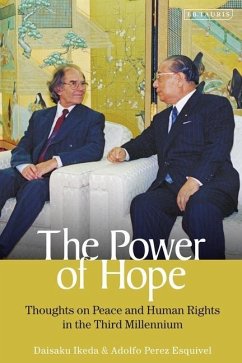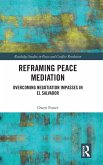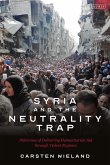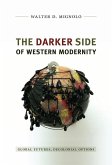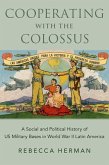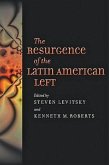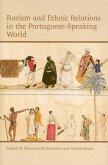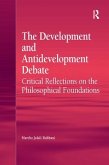Human history has been marked by the great number of people born into conditions of war, violence, oppression and social exclusion. But at the same time, this history has been shaped by the long struggle for human rights and the people who have committed themselves to the practices of solidarity and nonviolence. The Power of Hope: Thoughts on Peace and Human Rights in the Third Millennium is a dialogue between two high-profile activists and thinkers who discuss the concrete ways we can shift to a world that prioritises justice and human dignity. Adolfo Pérez Esquivel - Argentinian human rights activist and winner of the 1980 Nobel Peace Prize - played a vital role in resisting military dictatorship and was arrested and tortured under the Argentine militarist government. Daisaku Ikeda is a peacebuilder, Buddhist philosopher, educator, author and poet as well as being the founding president of Soka Gakkai International (SGI), the world's largest Buddhist lay organisation. Their dialogue intertwines their rich personal experiences in the struggle for human rights with wider reflections on how to make the Third Millennium the millennium of peace. The book combines rich accounts of Latin America under the brutality of the 1970s military regimes; insights from the Buddhist faith on the role of meditation for human rights activists; recognition of the crucial role of women in the practice of nonviolence; thoughts on international geopolitics and the legacies of Hiroshima; and discussion of the perilous role of globalisation in the loss of identities and ethical values.
Hinweis: Dieser Artikel kann nur an eine deutsche Lieferadresse ausgeliefert werden.
Hinweis: Dieser Artikel kann nur an eine deutsche Lieferadresse ausgeliefert werden.

